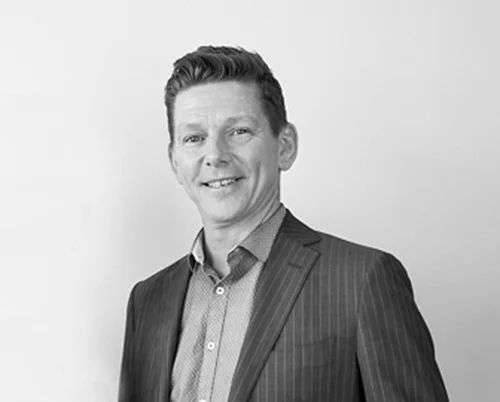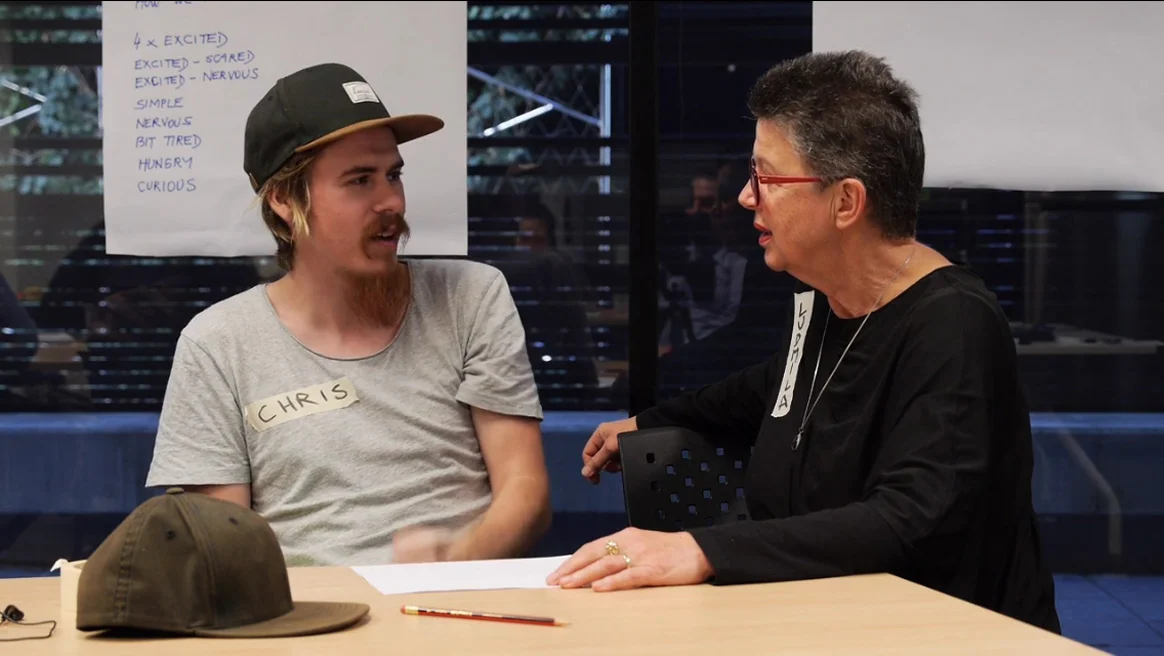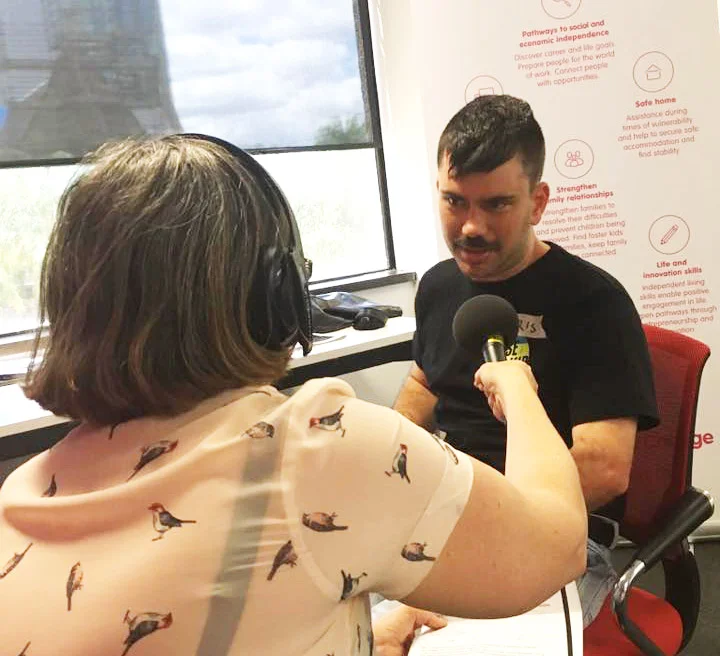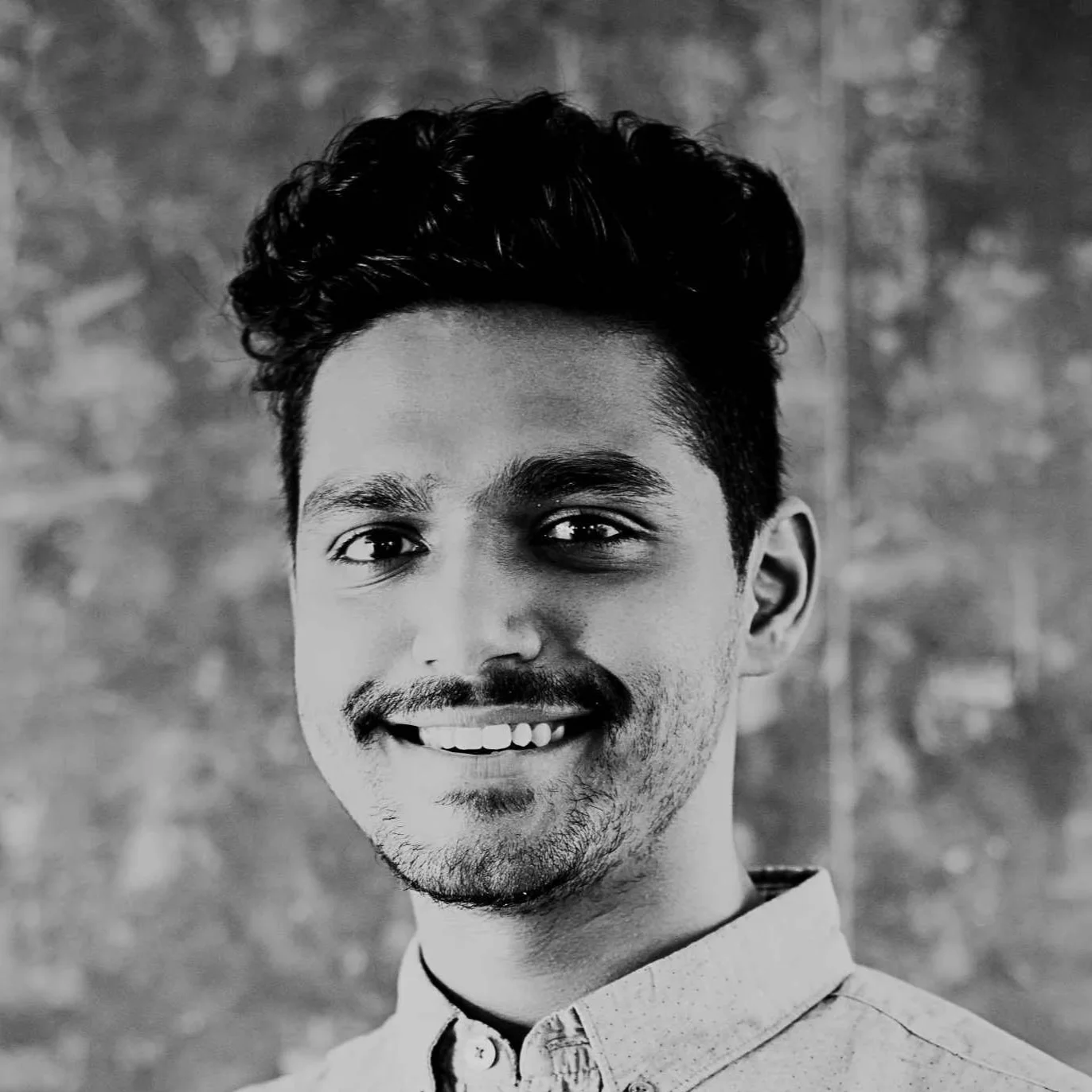Steve Williams On The Fundamentals Of Healthy Social Enterprises
Steve is Queensland Social Innovation Manager at Marist 180, where he is developing a suite of Innovation and Entrepreneurship Programs aimed at enabling Queenslanders experiencing disadvantage to take part in the exciting innovation and start-up space.
In his previous role as Social Enterprise Director at Sandbag Inc Steve led SEED PPM to be awarded small Australian Social Enterprise of the Year 2014.
Steve is co-founder and inaugural Chair of the Queensland Social Enterprise Council and a contributing author to Generation Next: Becoming Socially Enterprising, published by Oxford University Press.
Steve shares his thoughts and insights about the social enterprise sector, a bit about its history in Australia and some inspiring impact initiatives he's been working on.
HIGHLIGHTS FROM THE INTERVIEW (for full details, listen to the podcast)
[Tom Allen] - To start things off could you please share a bit about your background and what led you down the path of social enterprise? [2:14]
[Steve Williams] - Steve talks about his initial experience in the UK, his education and work in community development, before moving to Australia.
In your role at Marist 180, what projects and work have you been involved in? [4:16]
Steve talks about helping create equitable opportunities in the startup landscape for people experiencing disadvantage and explains details of a new innovation hub is due to open in Brisbane in January 2017 which will focus on supporting disadvantaged people in the community.
How have you seen the social enterprise sector change over the last 5 years and where do you see social enterprise heading into the future? [7:26]
The general public's awareness of SE and the millennial's efforts in starting social enterprise which have received national coverage. Steve talks about Orange Sky Laundry and other partners, alongside other initiatives due to go ahead next year such as Techfugees and a Homelessness Hackathon.
What advice would you give to someone who is looking to get sustainable funding for their initiative and have you seen any changes in the way social enterprises tap into different revenue streams? [11:24]
Steve discusses a big gap in startup funding and how the government should provide funding to encourage and support people to push forward with their business ideas. The crowdfunding boom and how it can sometimes be counterproductive. He also talks about 3 key funding streams and the competitiveness of getting such funding.
Looking at social enterprise from a policy perspective, what do you believe needs to be done by government to help foster and support an innovative social enterprise sector? [15:50]
A huge pool of funding for people to access.
A marketplace driven by social procurement.
Special considerations for social enterprise which Steve explains in further detail.
A Marist 180 Entrepreneurship Program participant and trainer.
When you co-founded QSEC with Amelia Salmon, what was the aim of the council and what work it doing now to fulfil those aims? [18:42]
How QSEC morphed from The New Mutualism Group, what the group's aims were and how it's Australia's only peak body for social enterprise. He speaks about it being used to for recognition and procurement of social enterprise and other influential figures who have driven the movement.
Are there any countries you believe are really leading the charge when it comes to social innovation? What are they doing that you think Australia could adopt? [22:05]
Steve talks about the UK being at the forefront of social enterprise and various UK based organisations, as well as policy decisions which have benefitted the sector. Steve talks about a personal interest in the US and what they've been doing for disadvantaged communities.
One of the Marist 180 Entrepreneurship Program participants being interviewed on ABC Radio.
Are there any particular business or design tools which have proven to be invaluable in the development and daily running of your different projects? [24:25]
Steve discusses the Business Model Canvas and Ingrid Burkett's Social Business Model Canvas as well as Program Logic and the advantages of these tools.
In your previous role as Social Enterprise Director at Sandbag Inc, you led SEED PPM to be awarded small Australian Social Enterprise of the Year in 2014. What is SEED PPM and what impact does it make? [25:38]
Steve talks about a strong participatory, grass-roots approach that Sandbag Inc employs and about his initial involvement with Sandbag in 2004. He returned in 2010 to run SEED Parks and Property Maintenance, with $500k annual turnover and creating 32500 hours of employment. He talks about his favourite type of social enterprise; "small, local, deep roots in the community, deep impact and a place where people can work for years and they're not cycled on to something else."
What do you believe are the fundamental ingredients necessary to generate a collaborative culture in today’s work environment? [32:11]
Honesty and openness are the key to any relationship and relationships are the key to collaboration.
He talks about not believing in having to go to a meeting with a pitch, and that business and collaboration should be built on mutually beneficial relationships. Communication across the organisation should be as flat as possible.
Are there any particular environmental or social problems in Australia that you believe need to be urgently tackled with new social enterprise initiatives? [34:39]
Steve talks about helping those with disabilities and some examples of people taking their own initiative and creating their own opportunities.
What other inspiring projects or initiatives have you come across recently which are creating positive social change? [39:20]
Steve mentions Tony Sharp of Substation 33 and the work they are doing with e-waste, employment and training of disadvantaged people in the community. Food Connect gets a wrap for the way that they approach business and the way Robert Pekin continues to tweak their model and continue to build on their impact. The Nundah Co-op is mentioned.
To finish off, what are the top 3 books you’d recommend to our listeners? [40:44]
Steve discusses the books listed below.
Initiatives, people and resources mentioned in the podcast
Daniel Flynn and Justine Flynn of Thankyou
Simon Griffiths of Who Gives A Crap
Dave Langdon of the Nundah Co-op
Mark Daniels and David Brookes of Social Traders
Tony Sharp of Substation 33
Robert Pekin and Emma-Kate Rose of Food Connect
RECOMMENDED BOOKS
Marist 180 CEO Cate Sydes and Steve with the Innovation Award.








